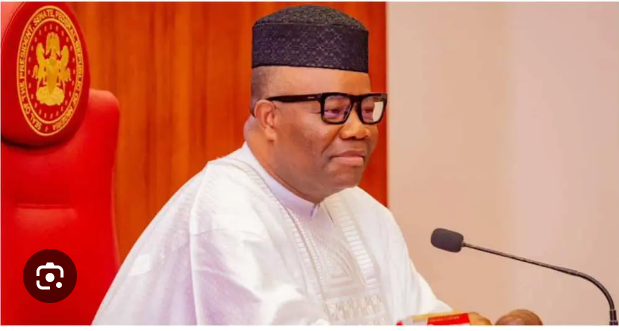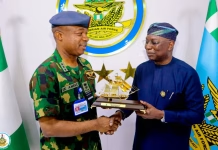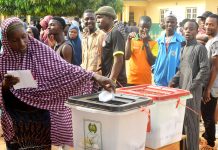The Nigerian Senate is set to debate the Tax Reform Bills today (Thursday), following a detailed presentation by key economic experts on Wednesday.
The bills, which aim to overhaul the country’s tax system, were forwarded by President Bola Tinubu to the National Assembly in October.
Deputy Senate President Jibrin Barau, who presided over Wednesday’s plenary, expressed optimism that the bills would advance to a second reading after Thursday’s deliberations. Senate Leader Opeyemi Bamidele confirmed this, stating, “We’d listen to the experts who will guide us so we can present and debate the bills tomorrow.”
The presentation was led by Taiwo Oyedele, Chairman of the Presidential Committee on Fiscal Policy and Tax Reforms, alongside Zacchaeus Adedeji, Chairman of the Federal Inland Revenue Service (FIRS), and Tanimu Yakubu, Director General of the Budget Office. The experts provided lawmakers with an in-depth explanation of the bills’ objectives and provisions, including:
Nigerian Tax Bill: Aims to harmonise major taxes, simplify tax processes, and exempt low-income earners.
Tax Administration Bill: Seeks to standardise tax administration, promote the use of technology, and streamline collection.
Nigerian Revenue Service Establishment Bill: Proposes a new revenue service to enhance collection and coordination.
Joint Revenue Board Establishment Bill: Enhances collaboration among tax authorities and introduces a Tax Ombudsman to support small businesses.
Oyedele emphasised that the reforms were designed to “tax prosperity, not poverty,” proposing measures such as the elimination of minimum tax for loss-making companies, removal of VAT on essential goods, and increased tax thresholds to exempt Nigerians earning below ₦1 million per month from personal income tax.
The reforms also address the contentious VAT sharing formula, proposing a consumption-based distribution model to replace the current structure, which disproportionately favours states hosting corporate headquarters.
The plenary session saw moments of contention as Senator Abdul Ningi (PDP, Bauchi Central) raised concerns over the decision to suspend Senate rules and admit non-legislative members into the chamber for the presentation. Ningi argued that such discussions were better suited for committee sessions.
In response, Deputy Senate President Barau defended the move, citing the importance of transparency and public engagement. After further clarification by Senate Leader Bamidele, the chamber approved the motion to allow the experts to present.
Despite initial tensions, the presentation impressed lawmakers, with no questions raised during the open floor session.
Barau reiterated that Thursday’s debate marks the beginning of a long legislative process, including public hearings and committee reviews to address any lingering concerns.
“This is not the end of the bill, it’s just the beginning,” he noted, adding that senators would have time to review the proposals before returning for further deliberations.
The debate on the Tax Reform Bills is expected to shape critical policies aimed at addressing Nigeria’s fiscal challenges and fostering economic growth.













